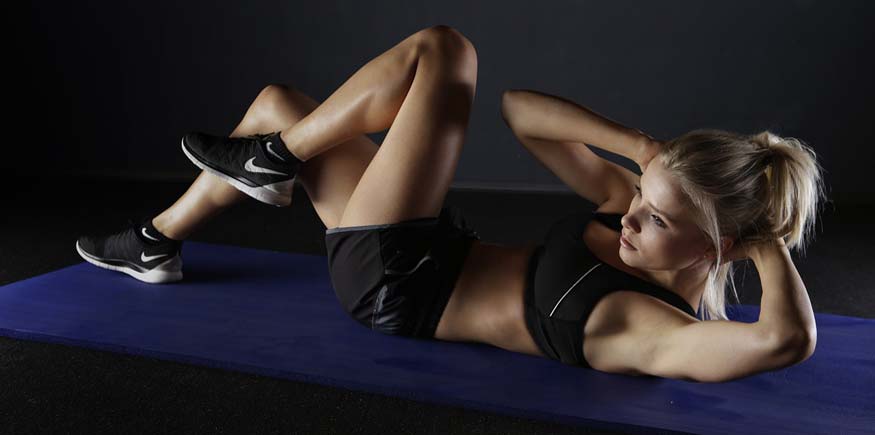
Whether you are fit or not, there are ways to exercise safely to prevent injury and make your training time more pleasant. No one wants to be injured during their exercise session; for a start, injury is painful and secondly, it will prevent you achieving your goal as you’ll have to forego those exercises until you’ve healed. So don’t rush in without learning how to exercise safely.
Here are some tips to help you
- If you’ve not exercised much before, get clearance from your doctor before you start.
- Don’t do exercises that jolt your joints if you have arthritis or another inflammatory disease.
- Warm up for 5 or 10 minutes before you start, and warm down too, to help prevent injury.
- If you are not sure how to do a specific exercise, get a trainer to show you how first and make sure you are doing it properly to avoid injury.
- Start off slowly and build up rather than rushing in with a hard 2-hour session if you haven’t done much exercise before.
- Mix different kinds of activity so you don’t wear out one set of muscles without exercising the others. Rest properly in between activities.
- If you are sick, call it off and wait until you are better.
- If you feel really tired or short of breath while exercising, don’t force your body to complete the set, but stop and rest.
- If you have to miss out on exercising for a while and then start up again, don’t start where you left off, but once again, build up to it slowly.
- Always drink enough water to stay hydrated. If working really hard, use drinks that contain electrolytes.
- Wear clothing that is lightweight and allows you to move easily.
- Dress for the weather; warm clothes in cool weather and cool clothing in hot weather. Even in hot weather, bring a warmer jacket in case it turns cool.
- Bring gloves as many gym exercises require them.
- For floor exercises bring a thick mat so you don’t hurt your sciatic nerve/coccyx.
- Remember, normal muscle pain or soreness will start around 12 hours after the exercise, but it will fade gradually over a day or two. If you feel intense muscle pain during or right after a workout stop, because it could mean an injury. Rest and wait to see if it abates. If it doesn’t see a doctor.
- If what seemed to be normal pain doesn’t fade away, but lasts for two or more weeks, consult a doctor to make sure you have not suffered an injury.
- Soaking in a warm bath is a good way to alleviate pain and stiffness after exercise.
